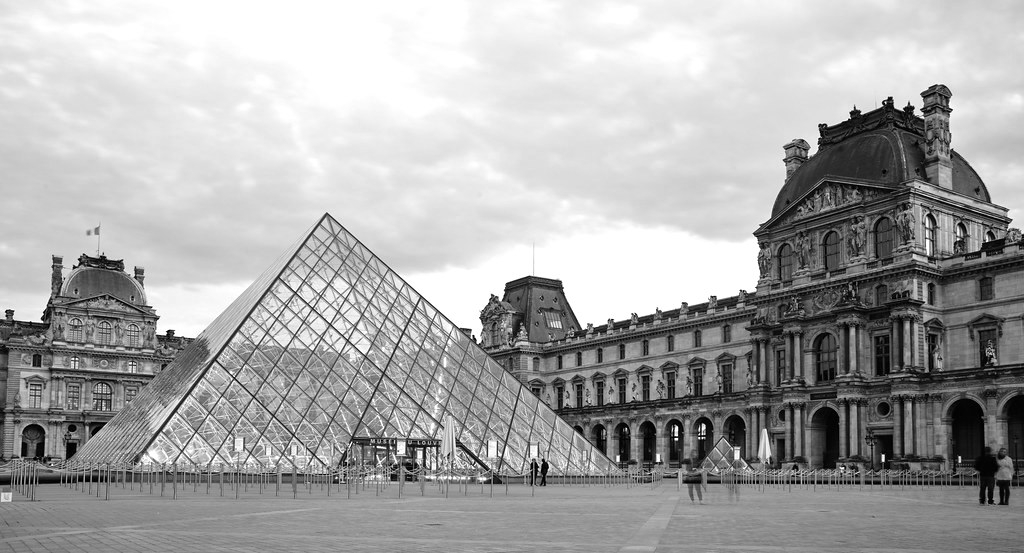Back in July, the International Committee of Museums (ICOM) announced that it would hold a vote on a new definition of what constitutes a museum, stating that the current definition no longer ‘reflects and expresses adequately the complexities of the 21st century and the current responsibilities and commitments of museums, nor their challenges and visions for the future’. But now 24 national branches (including Canada, France, Germany and Italy) have requested a postponement of the vote on the new definition, and wish to deliver a counter proposal. ICOM, an organisation that ‘provides a common framework for museums, a forum for professional discussions, and a platform for questioning and celebrating heritage and collections in museums and cultural institutions’, had chosen the following new definition:
Museums are democratising, inclusive and polyphonic spaces for critical dialogue about the pasts and the futures. Acknowledging and addressing the conflicts and challenges of the present, they hold artefacts and specimens in trust for society, safeguard diverse memories for future generations and guarantee equal rights and equal access to heritage for all people.
Museums are not for profit. They are participatory and transparent, and work in active partnership with and for diverse communities to collect, preserve, research, interpret, exhibit, and enhance understandings of the world, aiming to contribute to human dignity and social justice, global equality and planetary wellbeing.
While the national branches were invited to each submit a proposal for the definition, the chosen example has caused a backlash among members of ICOM who argue in a statement that: ‘The definition should emphasise the importance of the museums’ functions and its relationship to tangible and intangible heritage, which constitute its distinguishing characteristics from other cultural institutions’. The decision was further criticised by Université Sorbonne Nouvelle’s Professor François Mairesse, who also serves as the chair of the International Committee of Museology and who resigned from ICOM this summer: ‘A definition is a simple and precise sentence characterising an object, and this is not a definition but a statement of fashionable values, much too complicated and partly aberrant… It would be hard for most French museums—starting with the Louvre—to correspond to this definition, considering themselves as ‘polyphonic spaces’. The ramifications could be serious… it does not take into account the extraordinary variety of museums. It would be disastrous to impose only one type of museum. If a vote breaks the consensus that has always governed ICOM, it will seriously weaken the organisation.’The 25th ICOM General Conference, at which the vote will be held, is due to take place in Kyoto, 1–7 September.
20 August 2019
